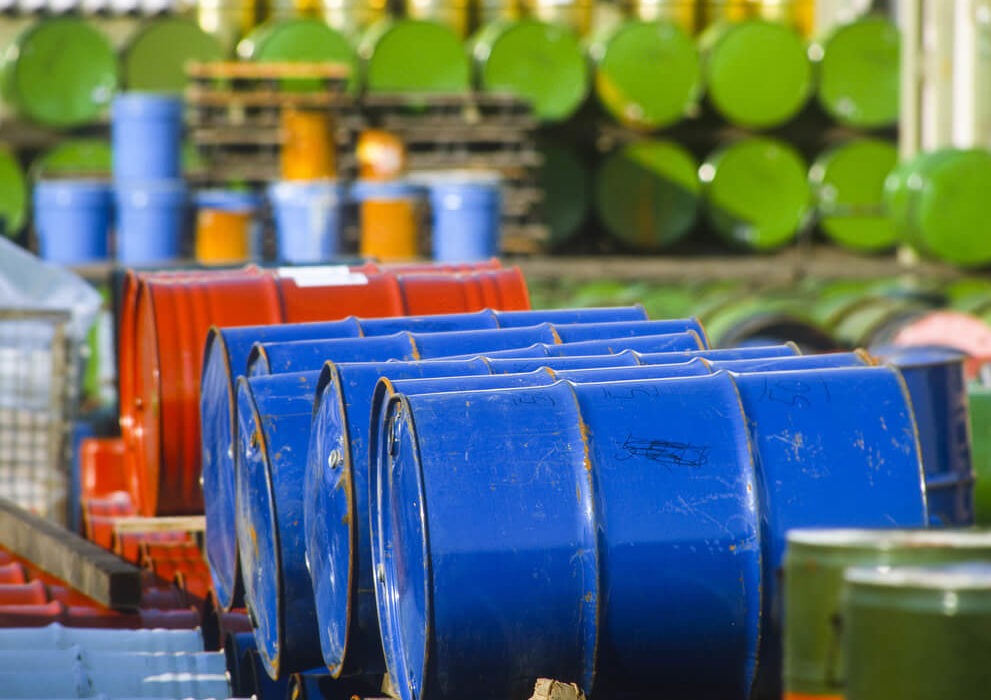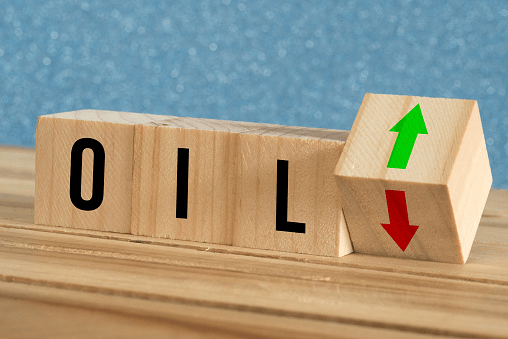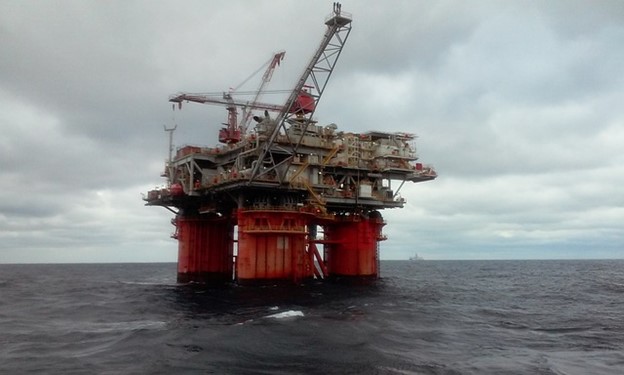There is no other way to open the week better for traders than to have a $70 per barrel price point.
For the first time this year, Brent crude breached the psychological ceiling of $70 amid the reported attacks on Saudi Arabia oil facilities.
The latest upheaval in the world’s biggest oil supplier came along the approval of the US economic injection, the continuous vaccination progress, and the oil association’s decision.
In the latest charts, the European benchmark’s futures contract hiked by 1.57% to send per barrel prices to $50.77.
This is the first time that such occurrence happened after more than a year of stagnation. The contract has come a long way from its record-low during the early months of lockdowns.
Meanwhile, the WTI futures managed to follow suit and added more than 2% to $67.44 per barrel.
Both contracts are projected to reach $100 per barrel by the end of the year should all events unfolding surrounding the demand and supply turns in their favor.
In a report from market strategists, investors are currently pricing based on the recent attack by Iran-backed Houthi rebels on Saudi oil facilities.
According to insiders, the Yemeni rebels fired missiles to destruct the Kingdom’s main source of living over the weekends.
On the other hand, Riyadh is quick to intercept the attacks, mitigating the damage that could have been brought to global energy security.
The main target includes a facility in Ras Tanura which is owned by one of the world’s biggest publicly traded firms, Saudi Aramco.
OPEC Decides
In an estimate by experts, the location is responsible for producing 6.5 million barrels of black gold per day, making it an imperative player in the country’s production.
Moreover, the steady high in crude prices is supported by the unprecedented decision of OPEC to keep production curbs steady.
The oil association decided to keep supplies relatively steady from the currently adopted threshold even when indicators show a reverting demand and better global outlook.
This came after the de facto leader, Saudi Arabi, called on member states to practice greater caution in pumping more supplies, despite the rising prices.
On the other hand, experts from India argued that the recent decision could lead to higher prices which in turn would threaten the consumption-led recovery in developing countries.
Since the announcement on OPEC production, prices for both of the world’s leading benchmarks rallied by more than 4%.















